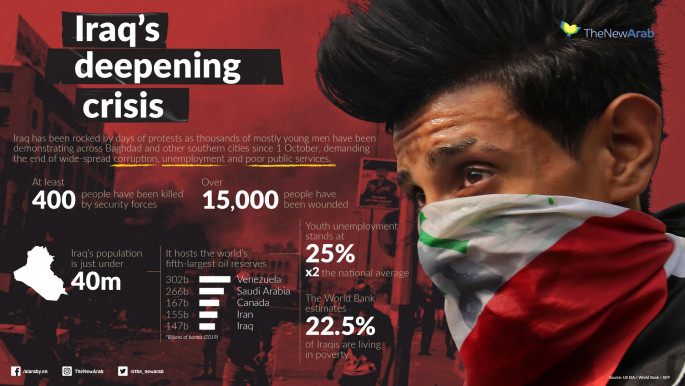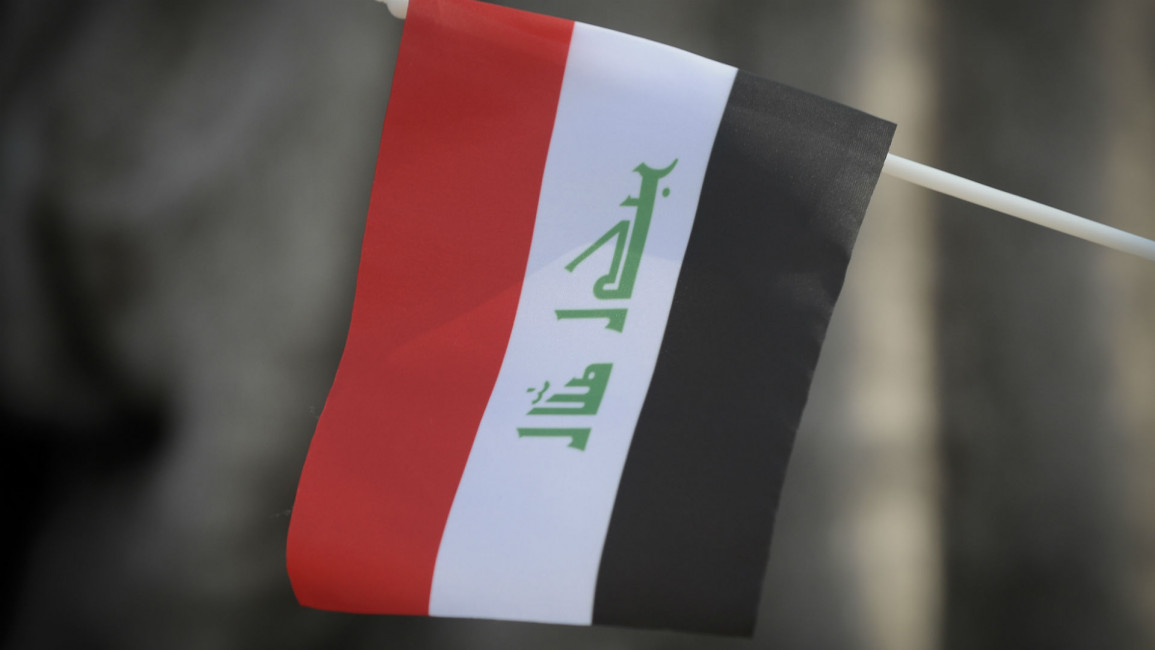Iraqi translators who worked with Australian troops beg for visas as danger looms
"I was totally opposed to the war, launched under John Howard, and I did not want to see any retribution against these civilians after our forces withdrew," he said.
"We wanted to avoid a repeat of what happened in Vietnam after 1975. This was the right thing to do. It stands in stark contrast to the position of the [current] government."
His comments follow reports by the The Guardian that 60 interpretators who had worked with the Australian Defense Force alongside Australian diggers against the Islamic State group are being prevented from applying for visas to Australia.
"Early in our government, we decided that any Iraqi civilian who worked directly for the ADF as a military aide or interpreter should be offered a visa to migrate to Australia," Rudd said.
Although there is legislation in place since 2008 for a special visa policy that would allow 600 "locally engaged employees" and their families who are at risk as a result of their work with the Australian government, Iraqis insist that they cannot apply.
Australia's embassy in Baghdad does not accept visa applications, and the interpreters have said they've been told to travel to Jordan or Lebanon to apply.
Iraqi interpreters are not the only ones who are having trouble reaching Australia.
 |
|
Iraqi mourners walk in the funeral of a prominent civil society activist who was shot dead the previous night [Getty] |
An interpreter in Afghanistan called Raz Mohammed has started a petition on Change.org urging prime minister Malcolm Turnbull to grant him and people like him emergency humanitarian visas.
Mohammed had been an interpreter and cultural adviser to the ADF for ten years.
"Some of us were shot, murdered, tortured for helping Australian soldiers and it happened to our families [sic] members like siblings and parents as well," he wrote in an impassioned letter.
"I'm terrified for the former ADF interpreters and their families [sic] members still trapped in Afghanistan who could be killed because of our affiliation with ADF."
Christopher Costello, a former army veteran talked about the help he received from translators.
"I am a veteran of the war in Afghanistan. In my role as an advisor to the ANA," he said.
"I relied very heavily on my Interpreter, his bravery, his ability to convey the message I needed to get across, his loyalty to the ADF Mission and for monitoring the mood in every situation to ensure if things were about to change for the worse he would let me know [sic]."
This appears to be a systemic problem, as the United States continually falls short on its promise to provide visas for its interpreters in the region.
As of August this year, the Trump administration has issued just two US visas to former interpreters last year, according to government statistics obtained by NBC News.
Interpreters faced threats, abductions and attacks if their association with US troops is uncovered, and hundreds have been killed since the invasion of Iraq in 2003.
The Defence and State Departments lacked an army proficient in Arabic to keep the insurgents down and engage in state-building in Iraq, and as a result it relied heavily on citizens who had studied English.
Special Immigrant Visas, a State Department initiative to provide asylum to Afghan and Iraqi contractors, have allowed some former interpreters to emigrate to the US. Nonetheless, thousands remain stuck in Iraq.
Last year The New Arab spoke to Laith al-Haydar, a former interpreter, to learn more about the difficulties faced in the aftermath of working for the US.
 |
"I started as an interpreter for the American military in July 2003," he told The New Arab. "Back then, the work was so easy: there was no time-consuming security scanning or background check. You just met the officer and, as long as he liked your English, you were in. At first, the job went nicely and smoothly."
That soon changed.
"I had lived in Baghdad for more than 23 years, but, suddenly, people in my neighbourhood were watching me and my other friends who worked as interpreters," he recalled.
"It was considered a betrayal to work with the invaders."
Anti-government rallies in Iraq have been raging for the past few months, and protesters are thought to have hung the body of an alleged sniper belonging to a pro-government militia from traffic lights.



